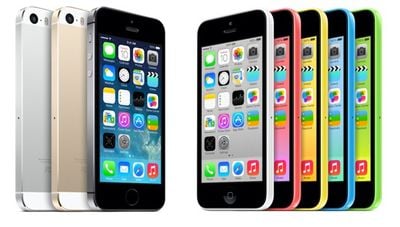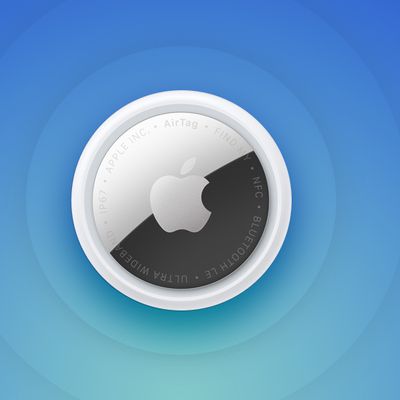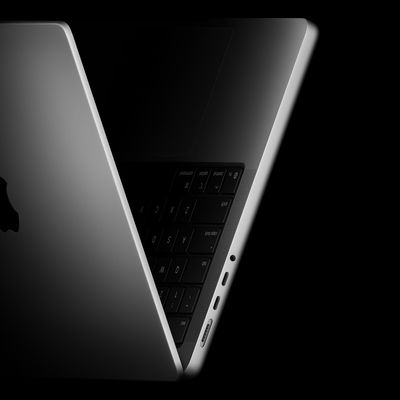We're one step closer to being able to legally unlock smartphones again, as the United States House of Representatives today passed legislation that legalizes cell phone unlocking, unanimously voting in favor of the Unlocking Consumer Choice and Wireless Competition Act.
The Act was approved by the Senate last week, which means the final step is presidential approval. Obama has long supported making cell phone unlocking legal again, and today pledged to sign the bill into law.

I applaud Members of Congress for passing the Unlocking Consumer Choice and Wireless Competition Act. Last year, in response to a "We the People" petition from consumers across our country, my Administration called for allowing Americans to use their phones or mobile devices on any network they choose. We laid out steps the FCC, industry, and Congress should take to ensure copyright law does not undermine wireless competition, and worked with wireless carriers to reach a voluntary agreement that helps restore this basic consumer freedom.
The bill Congress passed today is another step toward giving ordinary Americans more flexibility and choice, so that they can find a cell phone carrier that meets their needs and their budget. I commend Chairmen Leahy and Goodlatte, and Ranking Members Grassley and Conyers for their leadership on this important consumer issue and look forward to signing this bill into law.
The Unlocking Consumer Choice and Wireless Competition Act came about following a 2013 "We the People petition" that called for cell phone unlocking to be made legal. Cell phone unlocking first became illegal in January of 2013, after an exception in the Digital Millennium Copyright Act expired, restricting U.S. customers from shifting service to other carriers or using their devices abroad with local SIM cards.
Under the terms of the bill, consumers and third-party services will again be able to unlock cell phones and tablets without receiving express permission from carriers and without facing criminal penalties.
In December of 2013, U.S. cellular carriers and the FCC also came to an agreement over a set of voluntary principles that make it easier for wireless customers to unlock their devices and switch from carrier to carrier after a contract has been fulfilled.
Note: Due to the political nature of the discussion regarding this topic, the discussion thread is located in our Politics, Religion, Social Issues forum. All forum members and site visitors are welcome to read and follow the thread, but posting is limited to forum members with at least 100 posts.



















